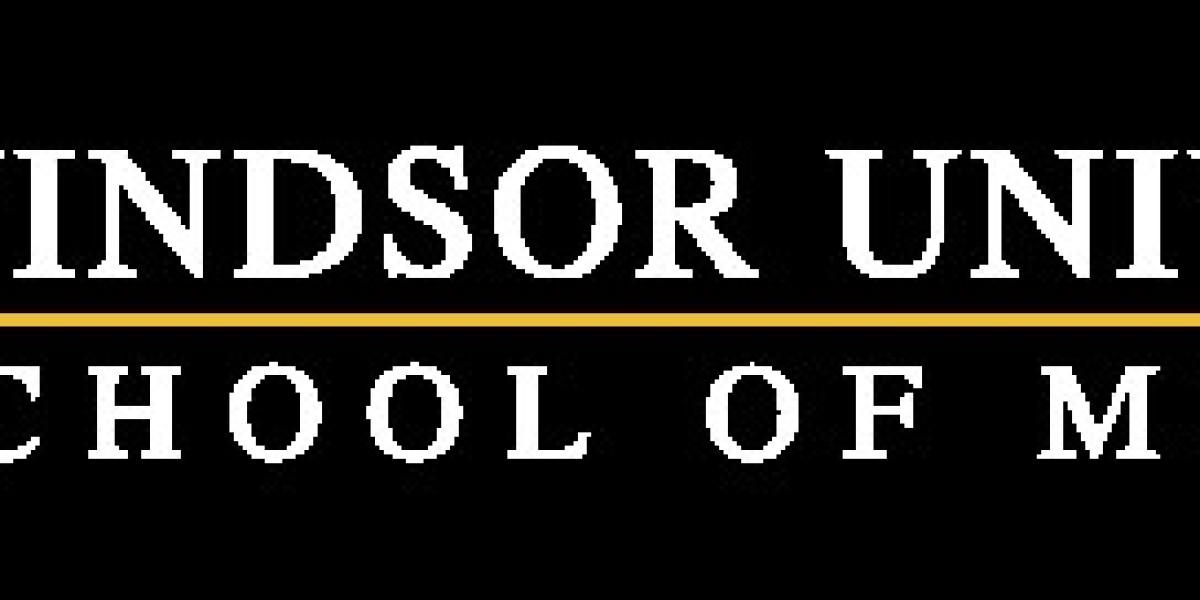Why Students Choose Caribbean Medical Schools
Admission to U.S. and Canadian medical schools is highly competitive. Caribbean schools tend to offer more flexibility in their admissions process, giving students with varied academic backgrounds a second chance to pursue their goals. Many schools offer rolling admissions, which allows students to begin their studies without waiting for a new academic year.
Accreditation and Academic Standards
Not all Caribbean medical schools operate at the same level. Accreditation is one of the most important factors when selecting a program. Students should look for schools that are accredited by agencies such as:
CAAM-HP (Caribbean Accreditation Authority for Education in Medicine)
ACCM (Accreditation Commission on Colleges of Medicine)
Attending a school with proper accreditation is key for taking licensing exams like the USMLE and applying for residency programs in the U.S. or Canada.
Clinical Rotations
Clinical training is a vital part of any medical education. Many Caribbean schools have established partnerships with hospitals in the United States, allowing students to complete their clinical years in well-equipped medical centers. However, the availability and quality of these rotations can vary between schools.
Residency Outcomes
Caribbean medical graduates, known as IMGs (International Medical Graduates), can apply for residency programs in the U.S. through the NRMP Match system. While match rates are generally lower than for graduates of U.S. schools, many Caribbean-trained doctors are successful in securing positions, particularly in primary care and underserved specialties.
Cost and Financial Aid
Tuition for Caribbean medical schools can be high. However, some schools are approved for U.S. federal student loans, which can ease the financial burden. It's important to research tuition costs, additional fees, and living expenses before applying.
Life in the Caribbean
Living and studying in the Caribbean offers a mix of opportunity and challenge. Students experience a new culture, climate, and pace of life, while also adapting to the rigorous demands of medical training. Internet access, housing, and transportation may vary depending on the island and the institution.
Reputable Caribbean Medical Schools
While there are many schools in the region, a few are widely recognized for producing successful graduates:
St. George’s University (SGU) – Grenada
Ross University School of Medicine – Barbados
American University of the Caribbean (AUC) – Sint Maarten
Saba University School of Medicine – Saba Island
These schools have a track record of U.S. residency placements and strong academic programs.
Final Thoughts
Medical schools Caribbean can offer a real path forward for those committed to becoming physicians. While the journey may come with challenges, the right preparation, mindset, and school choice can lead to a successful and rewarding career in medicine.








